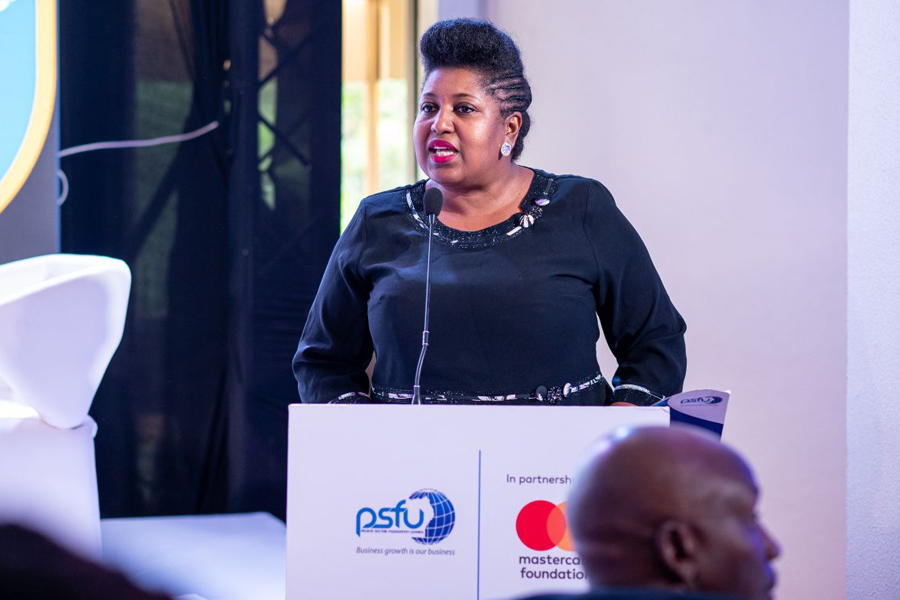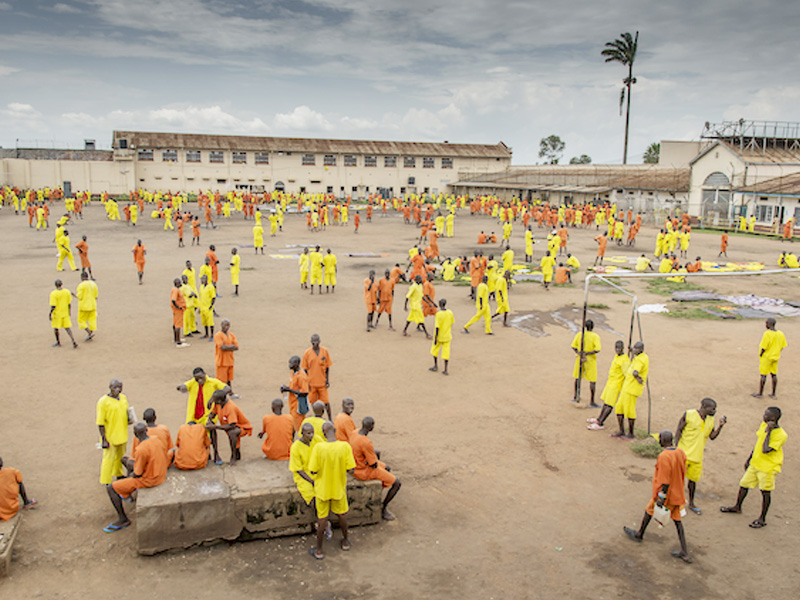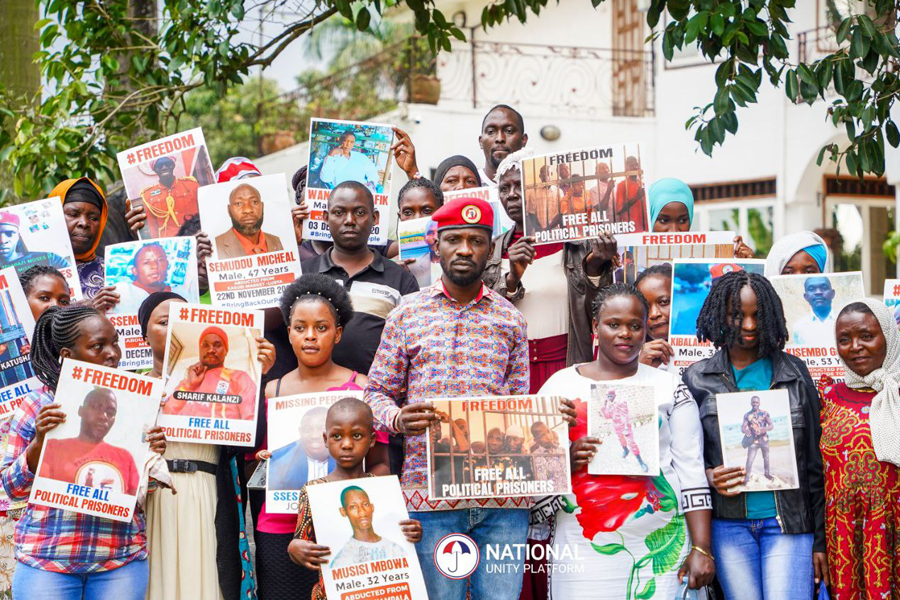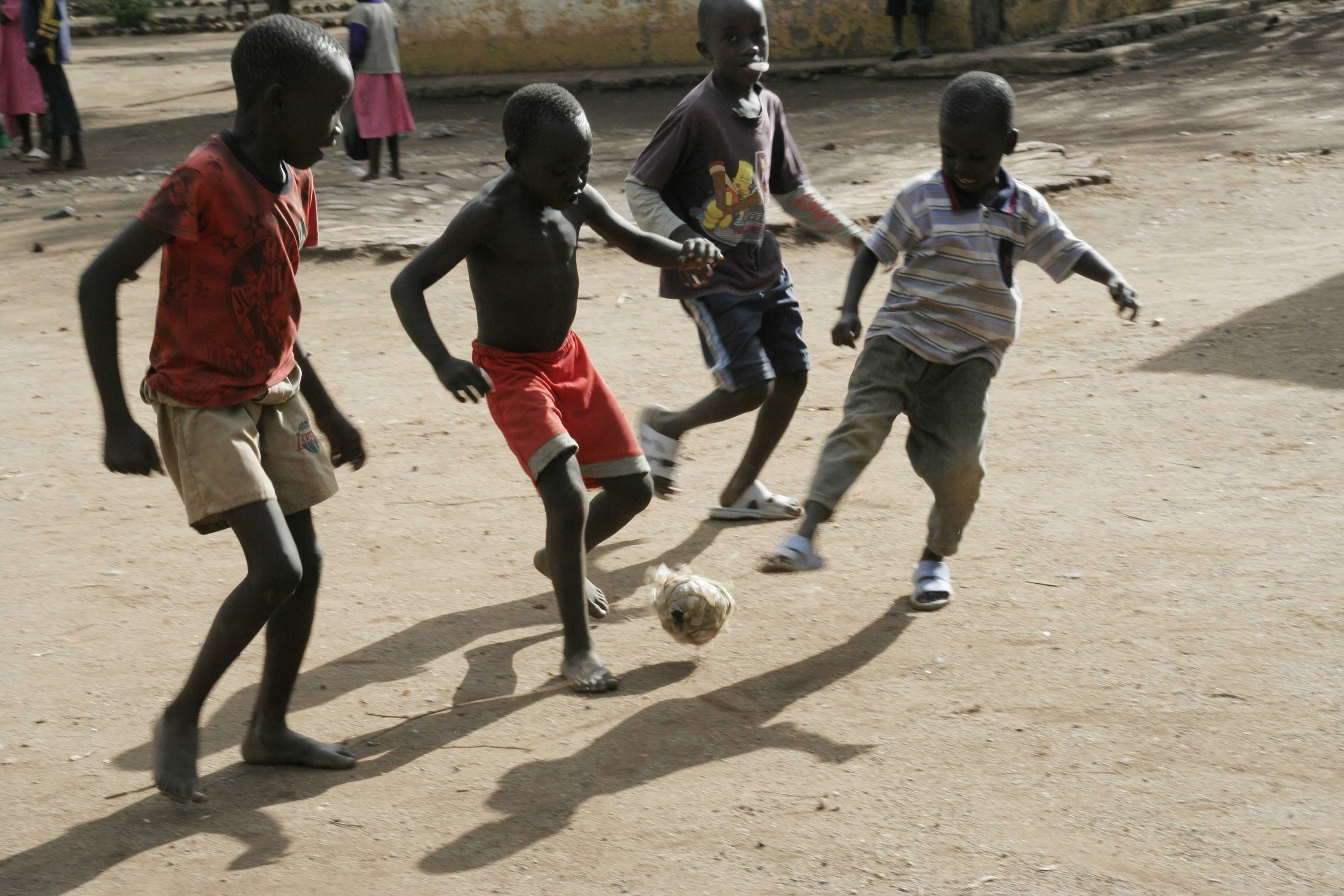Report: Women care more about health service delivery than men
Women are more likely to notice gaps in healthcare services given their role as caregivers in families and communities, a new report has revealed.
The survey was conducted by Twaweza Sauti Za Wanainchi, a civil society organisation, from citizens across the country and residents of Kampala, Kyotera and Tororo to understand men and women's opinions and experiences of health services in Uganda.
The health policy in Uganda entitles pregnant women, people over 60 years and children under five to free treatment and care from government facilities however, citizens who report that this policy, in practice, dropped between 2018 and 2019, according to the survey.
For instance more pregnant women (75%), children under five (68%), and elderly citizens (62%) received free care in 2018 than in 2019.
The survey discovered that Ugandans overall observe significant increases in social ills during the Coronavirus pandemic and around half of or more citizens see increases in physical violence (51%), emotional violence (51%), sexual violence (46%), teen pregnancy (79%), alcohol consumption (58) and drug abuse (49%).
"Interestingly, women and men are united in the perception that challenges facing women have increased during the pandemic. Similar proportions of men and women report increases in physical violence (men: 49%, women: 54%), emotional violence (men: 49%, women: 53%), sexual violence (men: 43%, women: 49%), and teen pregnancy (men: 79%, women: 78%)," the report noted.
Although women are slightly more likely to report increases in all of these problems except teen pregnancy, the differences are not big, according to the report.
Violet Alinda, Twaweza Uganda Country Lead and Director of Voice and Participation, said that experience from around the world during the Covid-19 pandemic has shown that women bear the brunt as caregivers but also during the confinement of lockdowns with increases in gender-based violence.
Dr. Richard Mugahi, the assistant commissioner Reproductive and Infant Health, ministry of Health, said the government is keenly aware of the unique health challenges women and children face.
"We are pleased to see that men have also observed these challenges and look forward to trying to advance the discussion around gender and women's roles in our families, communities and societies," he said.













